"elevated to the rank of Prince of Wales, with the insignia of the golden wand, and the wreath upon the head;
while, at the same time, he (Richard) gave most gorgeous and sumptuous feasts and banquets."
Don't be fooled by the writer's tone, the chronicler was not writing of this event in a positive light, far from it. The chronicler went on to state that the celebrations were only for effect to 'gain the affections of the people' and paid for with the amassed wealth entrusted to Richard, as executor of his late brother Edward IV's will - taken it was written 'the very moment that he (Richard) had contemplated the usurpation of the throne.'
'go in disguise to the parts beyond the sea; in order that, if any fatal mishap should befall the said male children
of the late king in the Tower, the kingdom might still, in consequence of the safety of his daughters, some day fall
again into the hands of the rightful heirs."
We should bare in mind that the Crowland Chronicle was written two years after these events took place - the writers were spouting propaganda, words they thought their new king wished to hear, words that would keep them safe in the new Tudor era and by someone who was educated in law and who was privy to information within the royal court.
The Benedictine residents of Crowland Abbey had at their head one Lambert Fossdyke who had been Abbot at Crowland since January 1484 and who was a Bachelor of Law and it was such a man with a degree in law who was considered to be the writer of malicious rumors about Richard III. John Russell, Bishop of Lincoln, is commonly thought to be the author but it could just as well have been Fossdyke dictating to one of his monks?
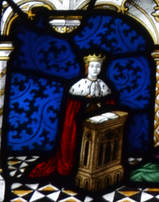
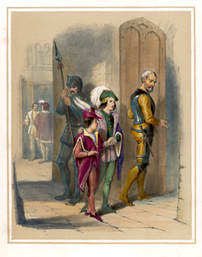
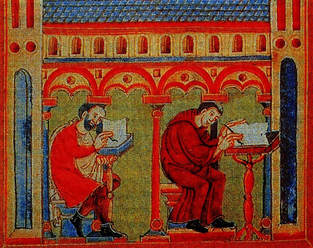
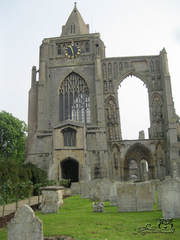

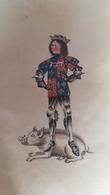
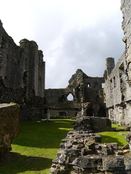
 RSS Feed
RSS Feed
